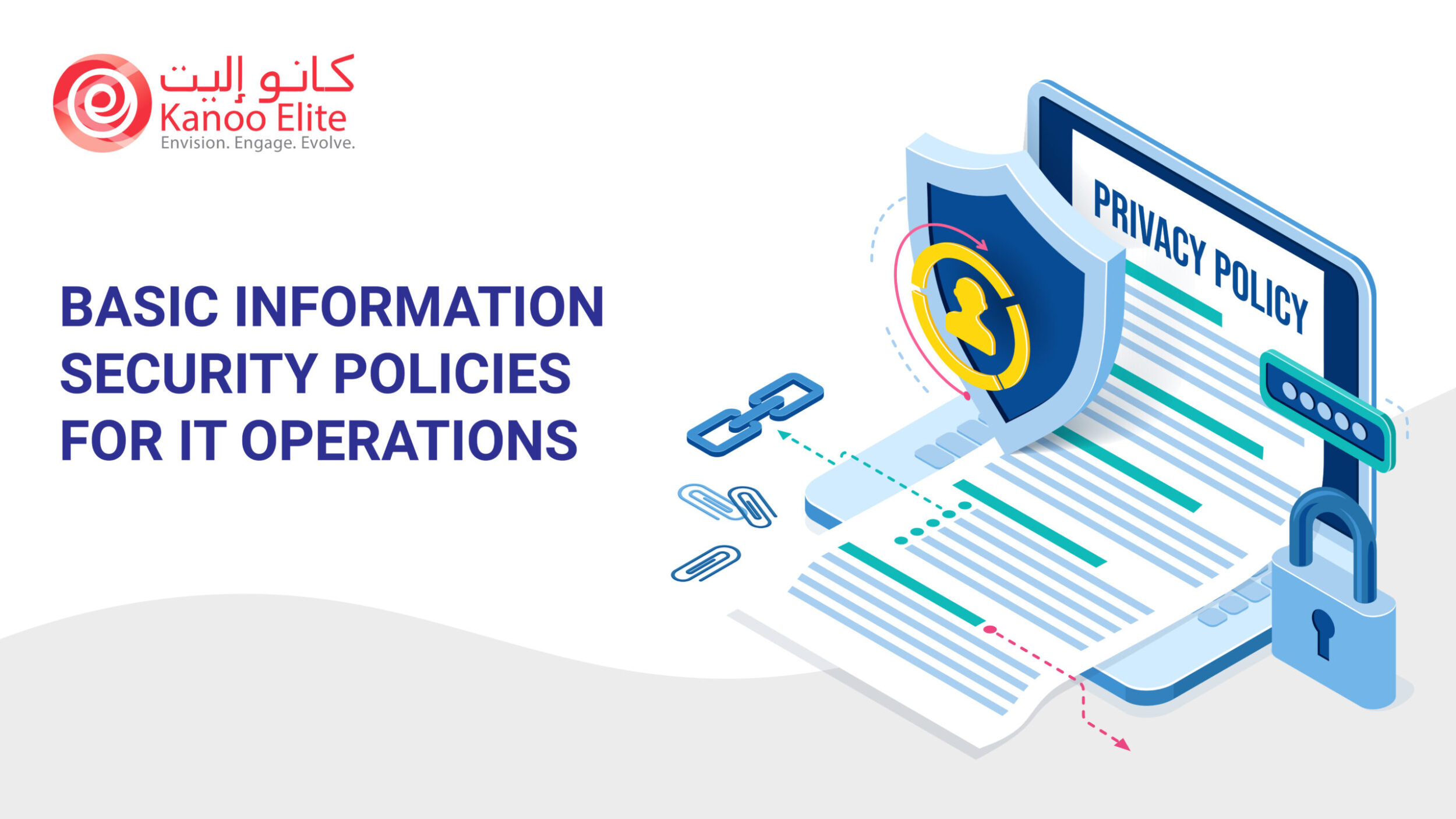While policies are an important part of all security strategies, they are often underestimated or ignored completely when developing strategies for security in an organization. Efficient and robust policies provide an exceptional set of resources that help set exceptions, provide assistance for long-term and short-term objectives, and help identify the deficiencies that need coverage. Irrespective of the company’s maturity, well-written policies for information security strategy help a proper development path to continue without hurdles.
When developing security policies, organizations should remember that effective policies have nothing to do with their length. An efficient IT security policy is often only a few pages long but considers all major elements and values of an organization in a clear and concise way. It provides clear roles and responsibilities as well as problem-resolving fundamentals for the smooth operation of an organization.
We are going to discuss some of the top security policies organizations can develop and implement for better efficiency:
Written Information Security Plan (WISP)
Written Information Security Plan or WISP is a document that provides the base of all organizational security strategies. It serves as the basis for the minimum security protocol for an organization while providing compliance requirements and additional security policies that support them.
Asset Management
Asset management is important to understand the technological footprint of an organization. It is essential to provide foundational security protocols for the entire organizational processing.
Baseline Security for System and Device
System and Network devices are required for several security frameworks and need to always have minimum-security configuration before implementation. The policy defines the security protocols required for device and operating system baseline handling for an organization.
Account and Password
It is an important policy developed not only to set minimum password length or complexity, but also types of accounts, uses, and their management lifecycle. Moreover, the policy also caters to additional requirements such as One Time Password (OTP) or Multi-Factor Authentication (MFA).
Mobile Device Management and Access
With organizations with a mobile workforce, it is important to have security protocols in place to maintain a secure workflow. The policy is essential as it defines the types of devices allowed to access the organization’s resources and monitors the amount of authorization provided to each device connected.
Security Breach Response
Security Incidents are inevitable but can be managed efficiently if the responsibilities, communication strategy, containment process, and reporting requirements are effective in order. Moreover, it also contributes to minimizing loss and damage to the company processes. It is a foundational policy and is required to be the first step of any Incident Response Strategy for an organization.
Conclusion
Kanoo Elite has several years of experience in providing strategic and tactical technology support for many clients in the Middle East.
Our Managed Digital Operations services provide various flavours of managed IT services for customers through a combination of onsite, nearshore and offshore skills with state-of-the-art tools for proactive operations management. Kanoo Elite, unlike a traditional managed services provider, also assists our clients in transforming their business while managing their Information Security risks.



